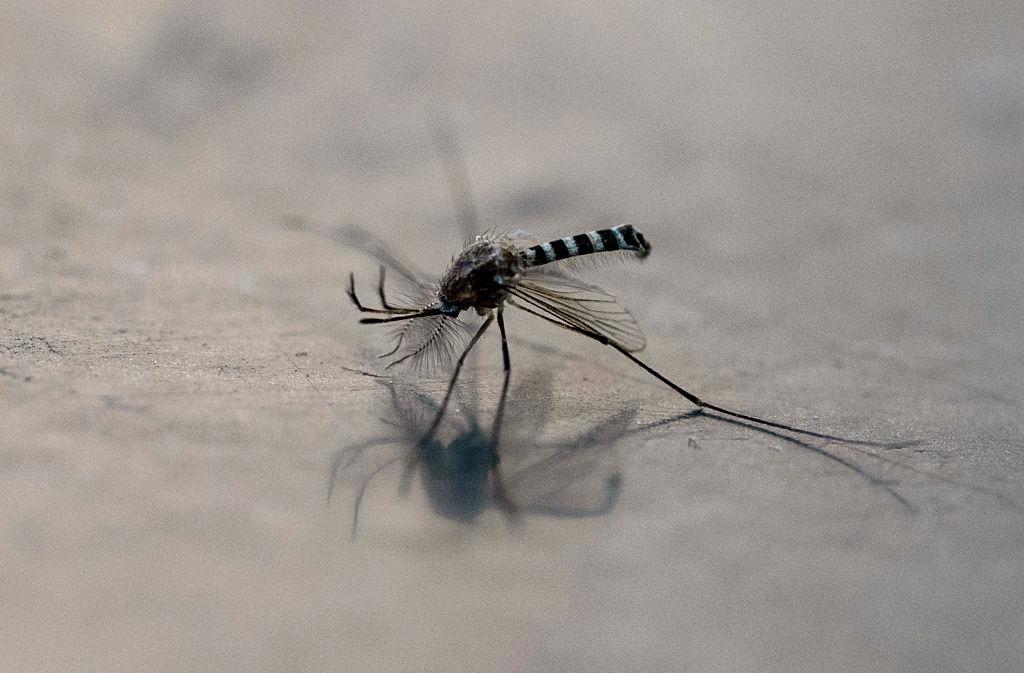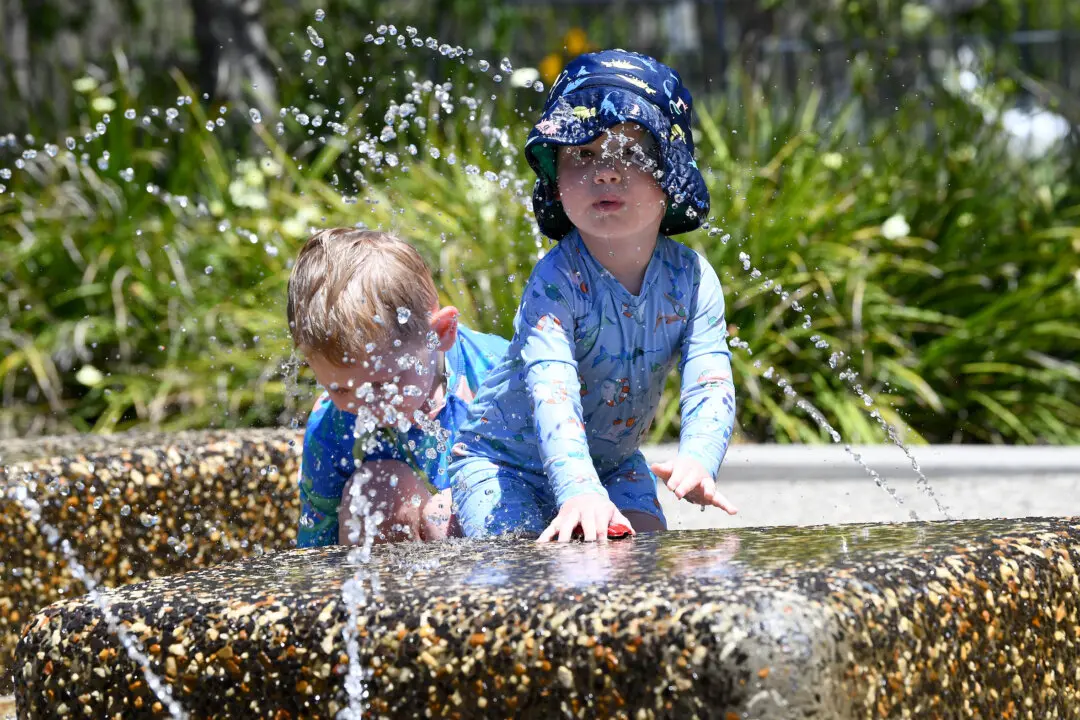An Australian is in critical condition in Melbourne after contracting Japanese encephalitis, a rare virus spread by mosquito bites.
Victoria’s Department of Health recently issued a warning about a probable human case of Japanese encephalitis virus in a northern Victoria resident.





